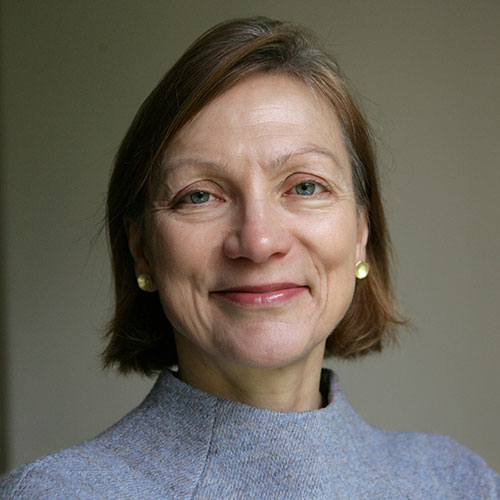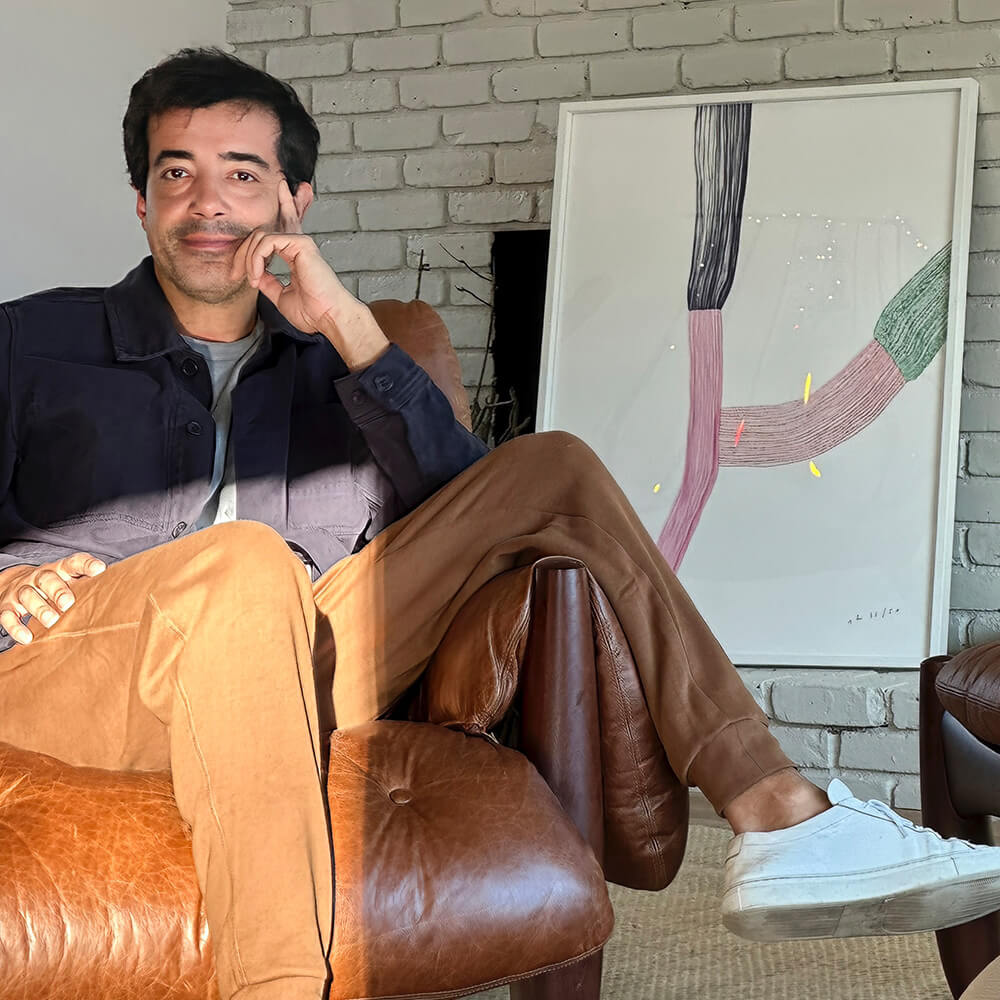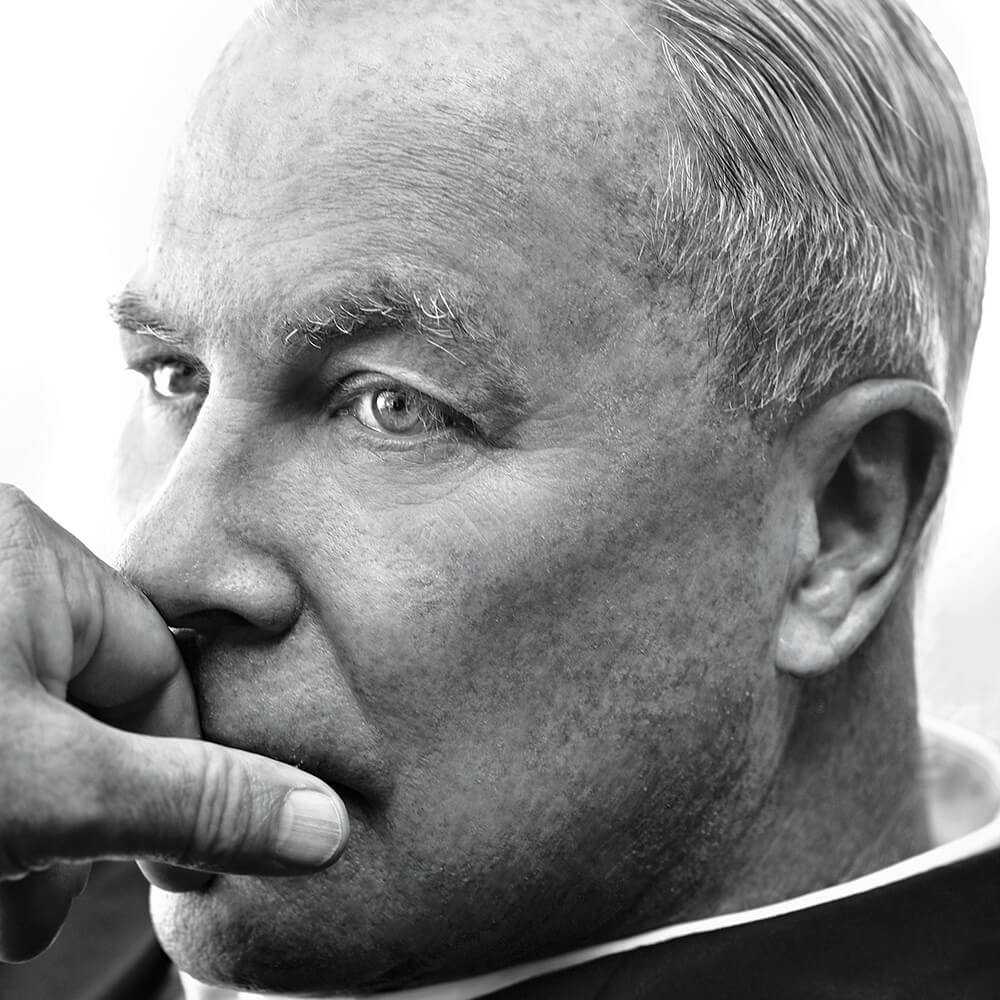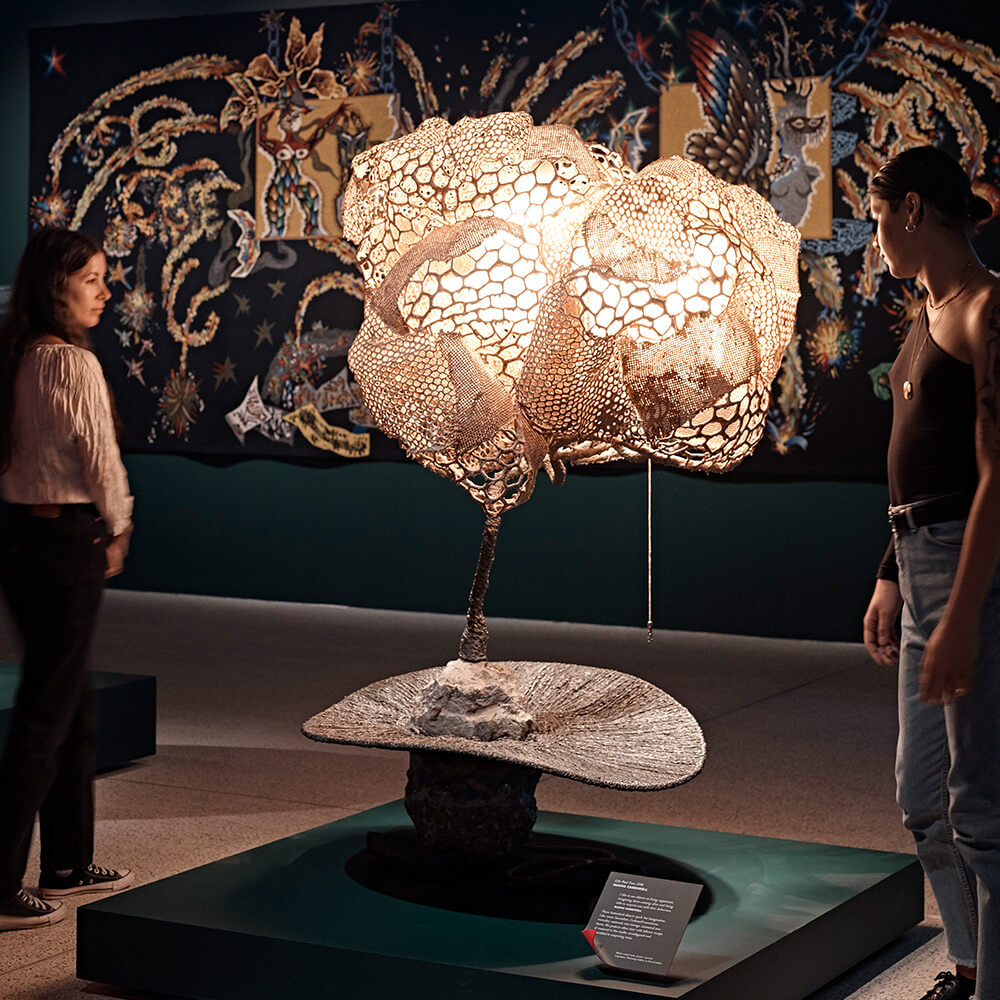PAD Paris + Art Paris 2024/ Roundup
A buoyant mood at two fairs full of surprises and unexpected juxtapositions
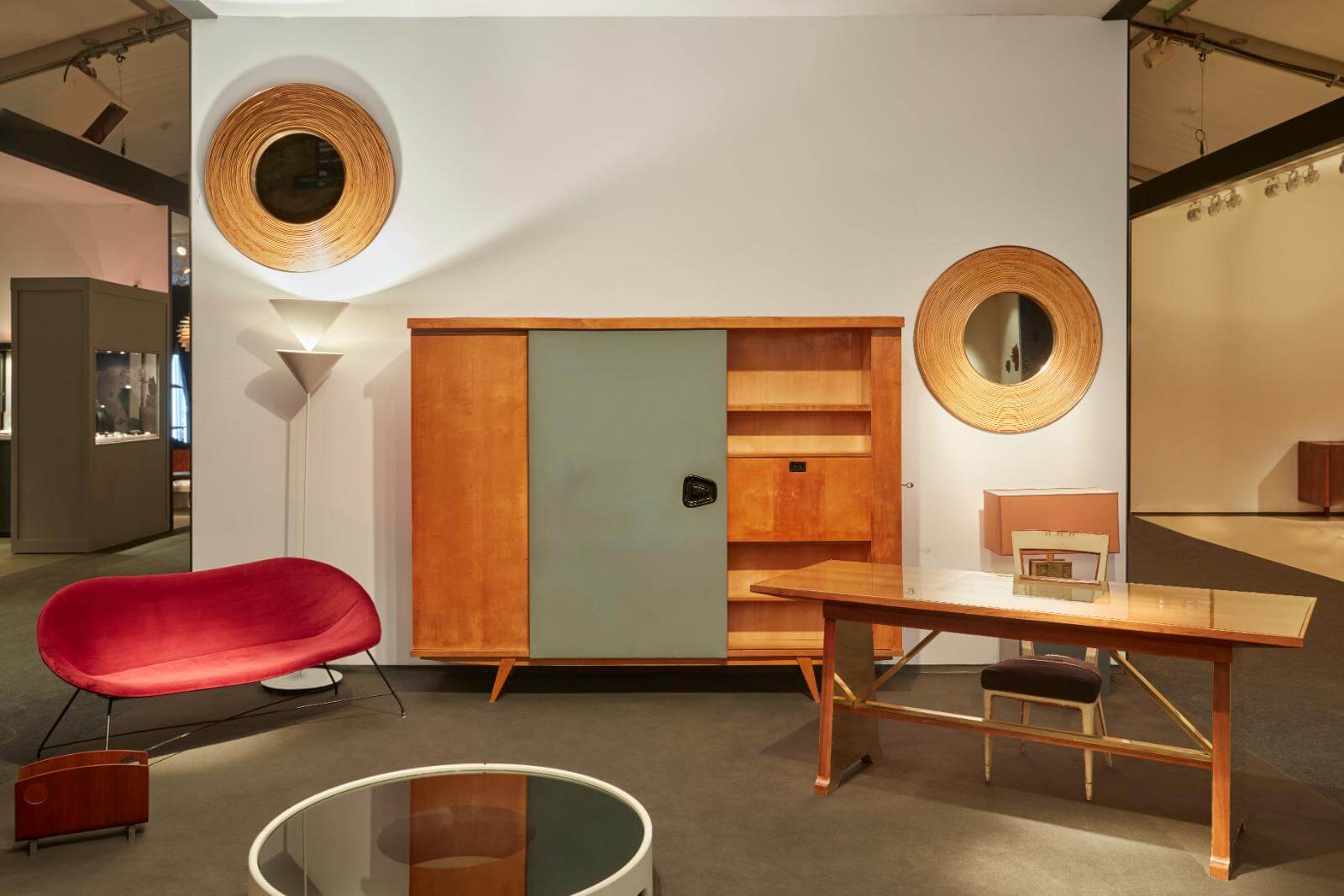
Galerie Rossella Colombari, PAD Paris 2024
COURTESY: Galerie Rossella Colombari / PHOTOGRAPH: @studio_shapiro
AS THE WEATHER whipped up an invigorating mix of hail and sunshine, PAD Paris opened its 26th edition soon after Easter with an equivalently stimulating array of objects and furniture.
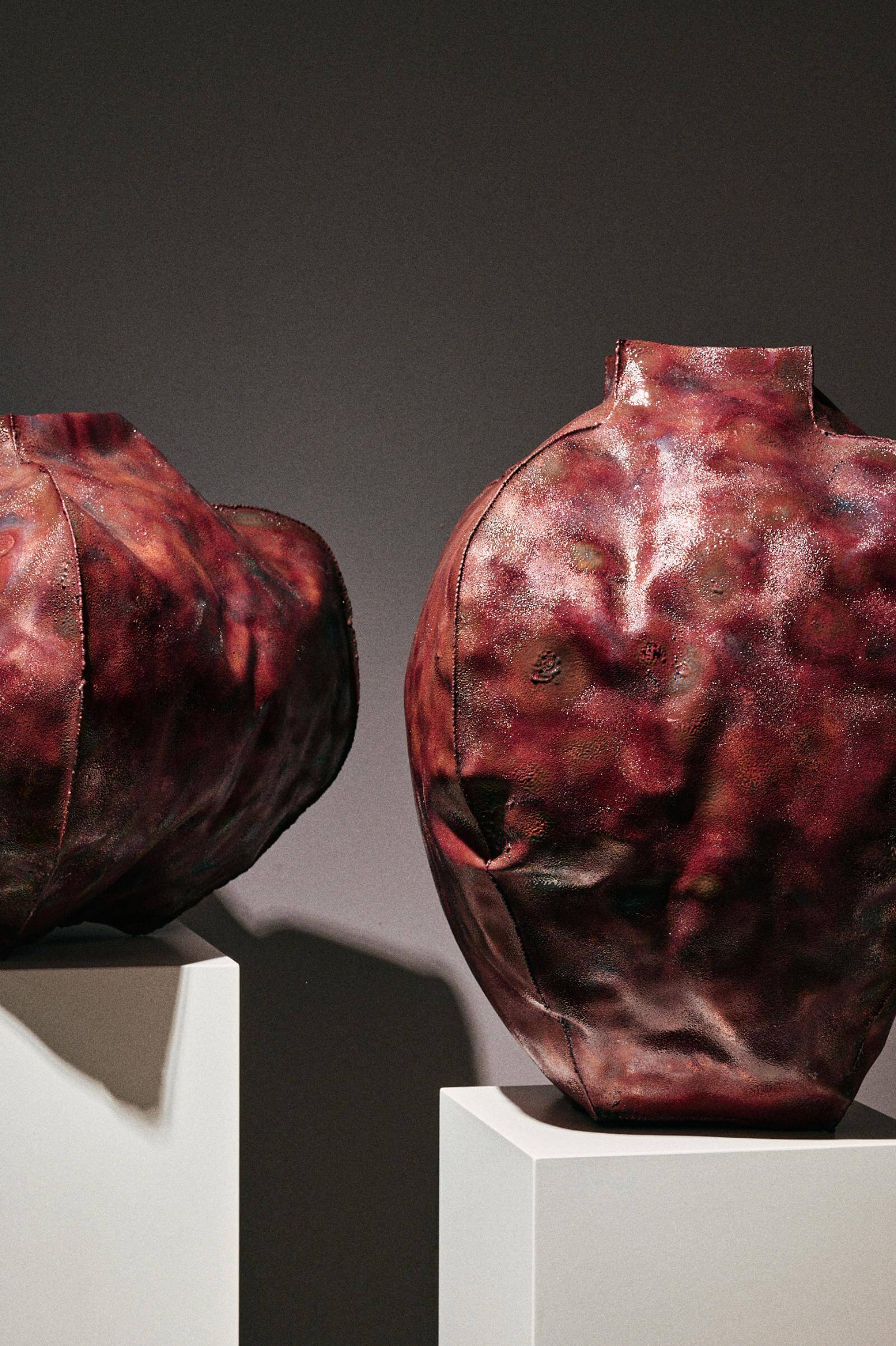
Yochiya, ‘Shippo’ vases at Mia Karlova, PAD Paris 2024
COURTESY: Mia Karlova
The set-up just inside the entrance was tantalising. On the right-hand side was the venerable gallery Galerie Downtown, led by dealer François Laffanour, a stalwart of PAD, with an exceptional array of work by twentieth-century architects and designers. A rare teak and steel library table with centre lighting (circa 1955) designed by Pierre Jeanneret took up one-half of the stand. Designed as part of the Modernist experiment in Chandigarh, India (created in partnership with Jeanneret’s cousin, Le Corbusier), the table’s battered authenticity marks its status as a design classic.
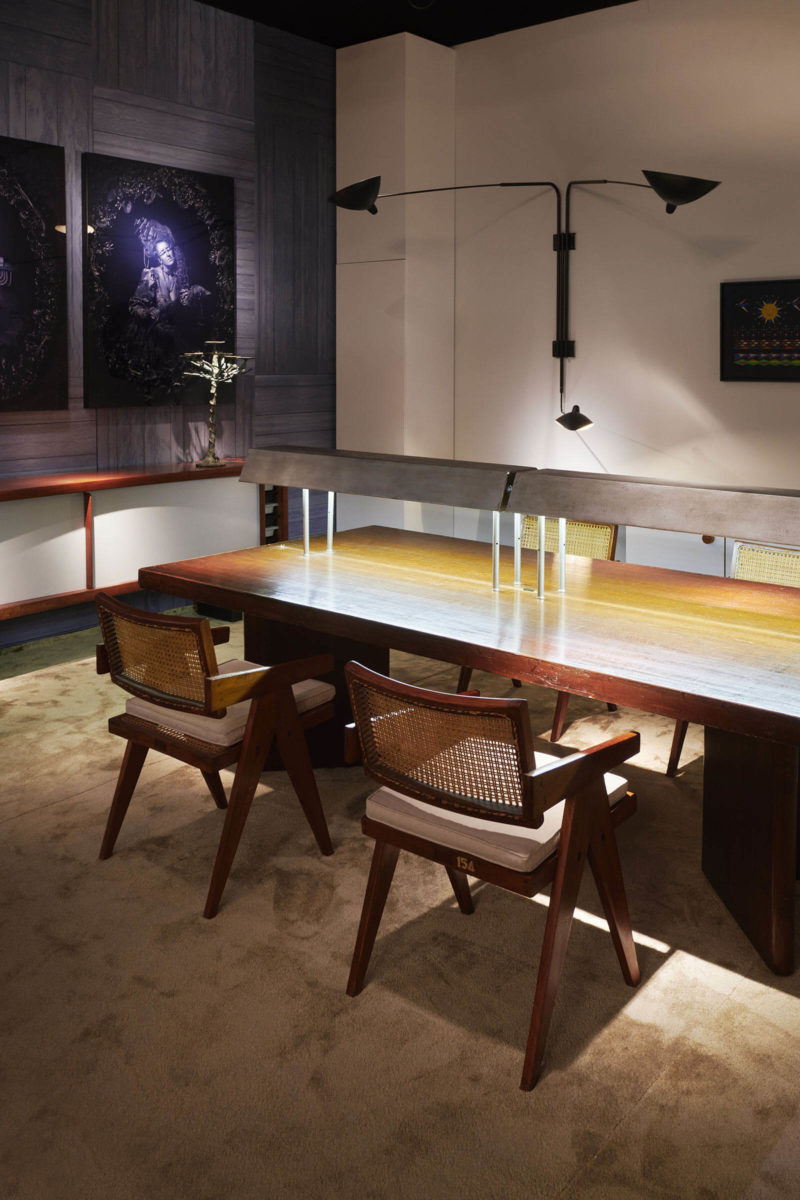
Pierre Jeanneret, illuminated table, circa 1955, at Laffanour/ Downtown, PAD Paris 2024
COURTESY: Favori
David Zwirner’s booth was situated directly across the marquee, on the left-hand side. One of the world’s major art galleries, it was their first foray into PAD Paris. The entire stand was dedicated to the Austrian provocateur Franz West, whose slimline minimalist welded furniture the artist refused to call anything but art.
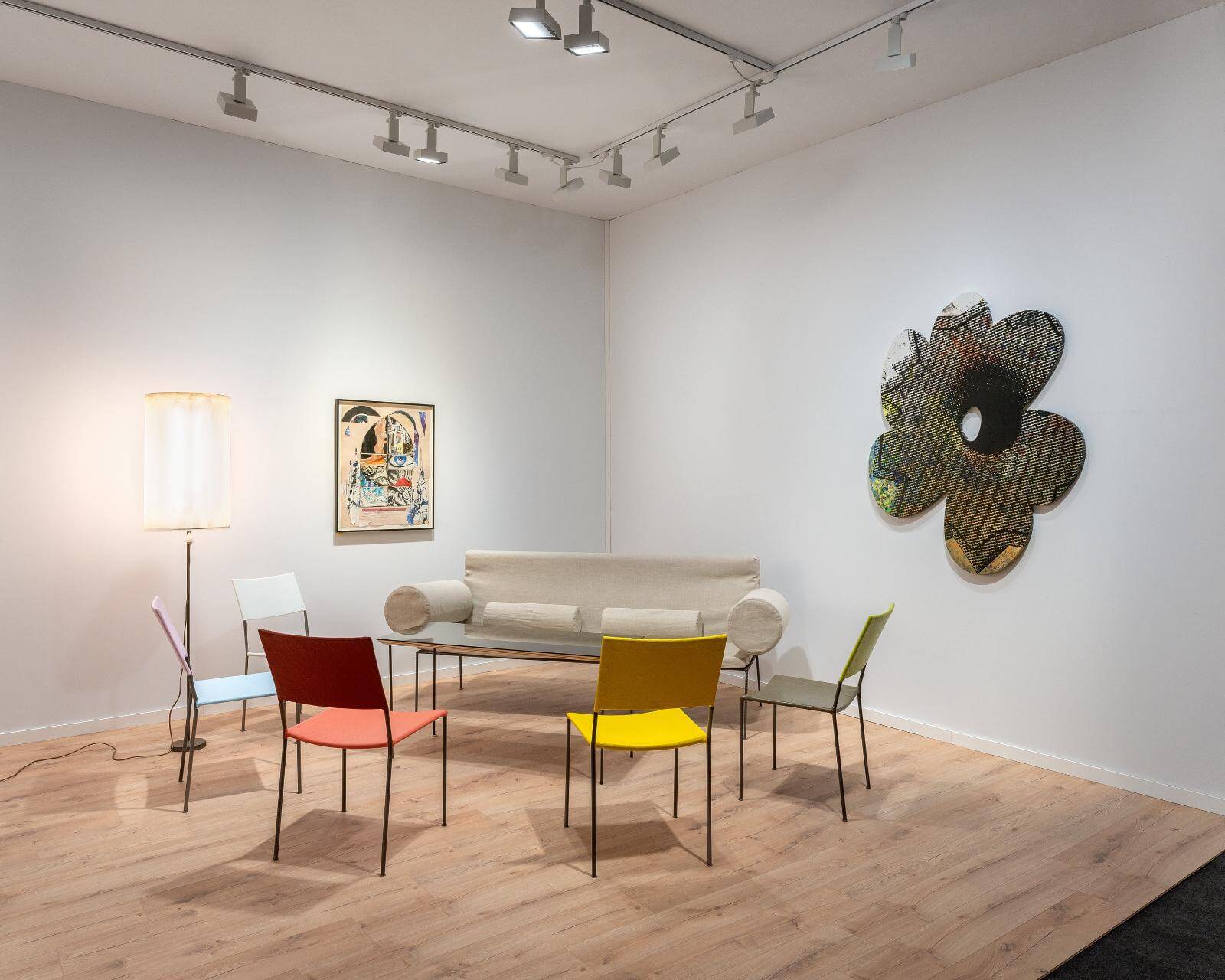
David Zwirner, PAD Paris 2024
COURTESY: David Zwirner
There were also multi-coloured painted mixed media vessels, teetering on rickety plinths and cupboards – not only there for themselves, but also as a comic riposte to the idea of calm immaculate domestic display. And so launched a fair that this year felt full of surprises and unexpected juxtapositions: vintage and contemporary; austere and sensuous; muted and colourful; serious and playful; sculpture and design.
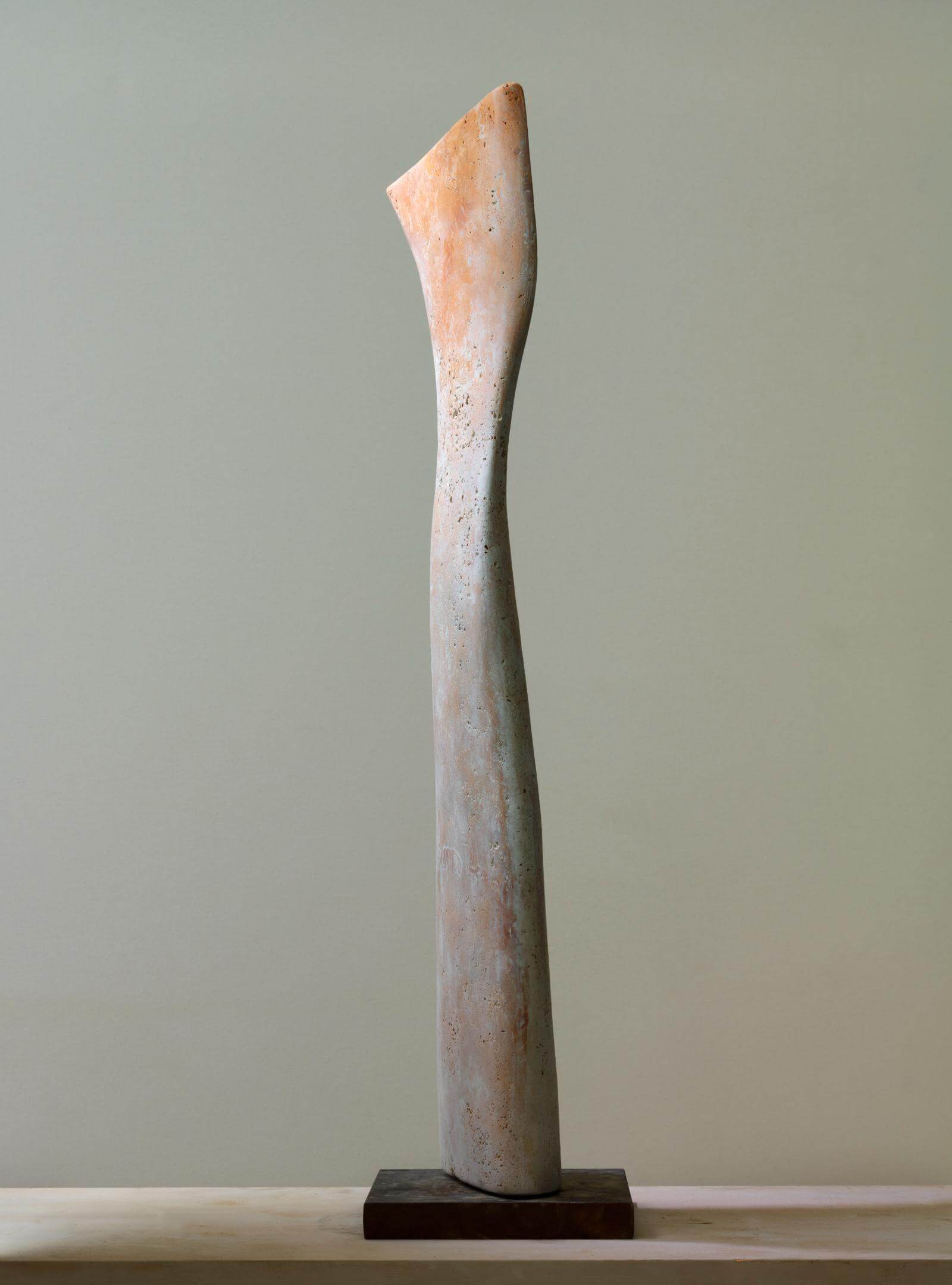
Yves Dana, ‘Apparition’, 2024, Waddington Custot, PAD Paris 2024
COURTESY: Waddington Custot
Several galleries were new to the fair, including the bold Pulp Galerie, which delivered a stand full of Gaetano Pesce’s exuberant resin pieces balanced by the raw metal machine aesthetic of Paolo Pallucco and Mireille Rivier. As Paul-Louis Betto said of the apartment-based gallery he runs with his partner Paul Ménacer-Poussin, featuring mostly French and Italian sculptural pieces from between 1980 and 2000: “We show the work we love. We love the work we live with.”
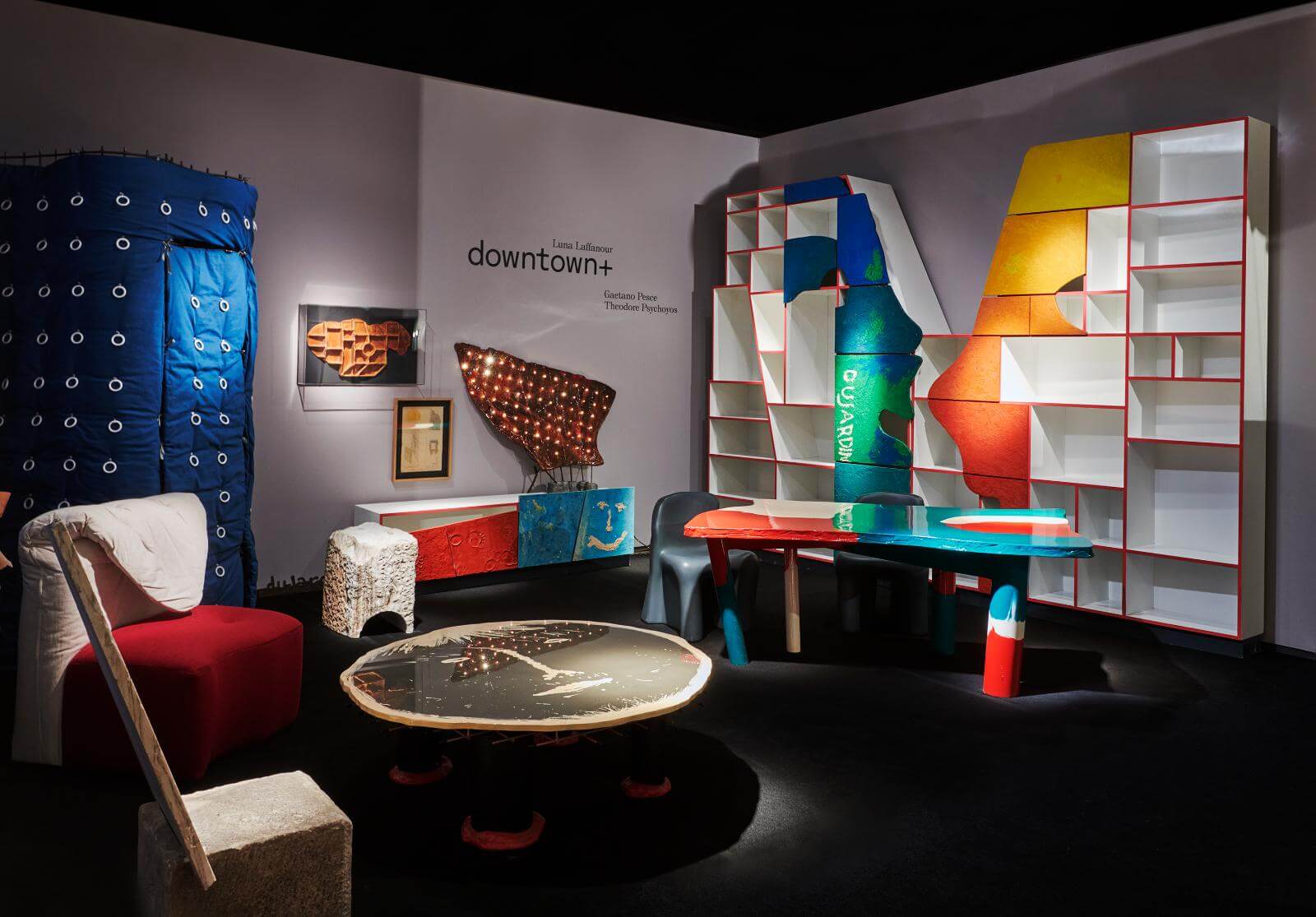
Downtown+, PAD Paris 2024
COURTESY: Favori
Another young gallery was Downtown + , the enterprise of Laffanour’s daughter, Luna Laffanour, also with a display of historic pieces by Gaetano Pesce, married with the very different chunky elemental stone works of contemporary artist Theodore Psychoyos. Among other sales, both Pesce’s ‘The Fitting Room’ (circa 1994) and the ‘Sansone Due’ table (circa 1986) found new owners.
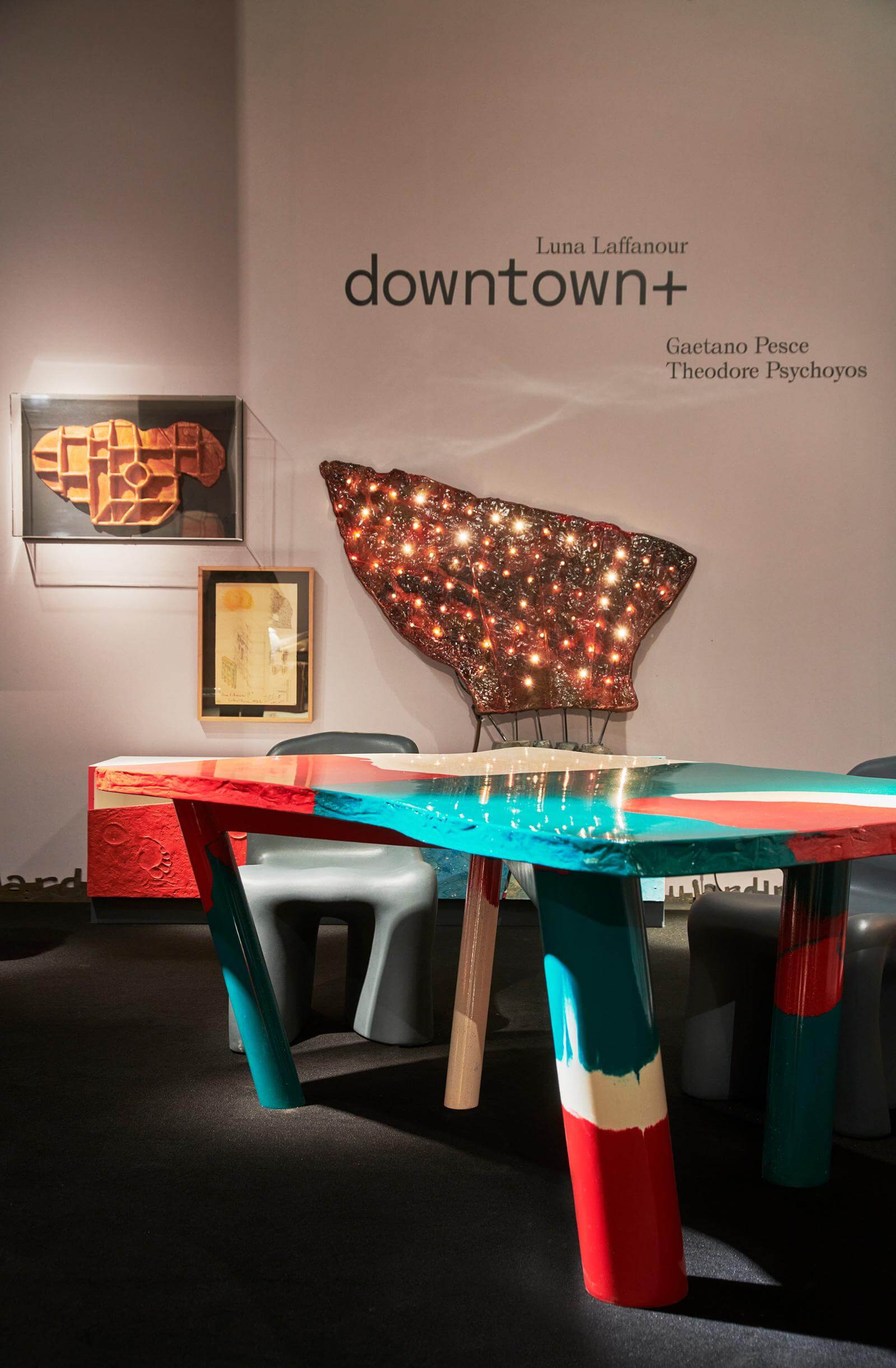
Downtown + , PAD Paris 2024, with ‘Sansone Due’ Table by Gaetano Pesce
COURTESY: Favori
Vladimir Matis of the recently-founded Paris gallery Brazil Modernist, specialists in historical and contemporary Brazilian design, was also a newcomer. Matis reports “For us [the fair] was really exciting. There were a lot of sincerely interested clients and interior architects.” They made sales – a desk (1966) designed for the Bloch Editores S.A. building by Joaquim Tenreiro, some lights by Tiago Braga, and wood and jute stools by Juliana Lima Vasconcellos – and were delighted to note “a lot of people and buyers younger than we expected, 35/45 years old, with true enthusiasm.” Their unique bar by Giuseppe Scapinelli, with its glazed ceramic facade, from around 1950 was also much talked about.
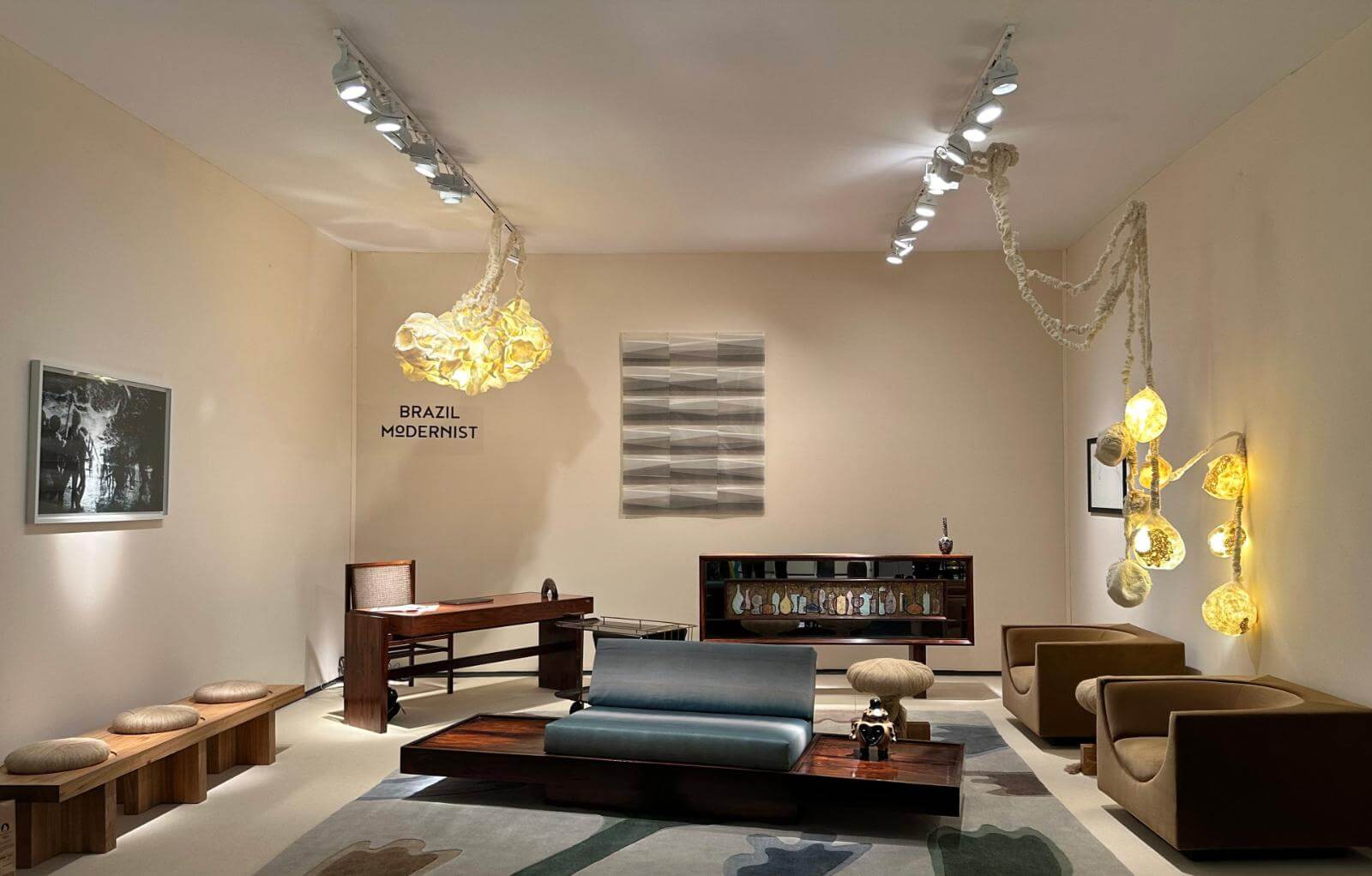
Galerie Brazil Modernist, PAD Paris 2024
COURTESY: Galerie Brazil Modernist
Last year’s newbies, returning this time, commented on the buoyant atmosphere. Robbe Vandewyngaerde, co-founder of Brussels-based Objects With Narratives, which put together an elegant stand of brand new contemporary collectible design, reported: “We met this time more personal clients, [compared to] the dealers/architects of last year. We sold for example the desk by Mircea Anghel (which also had a lot of enquiries) as well as glass cushions by Ben Storms.”
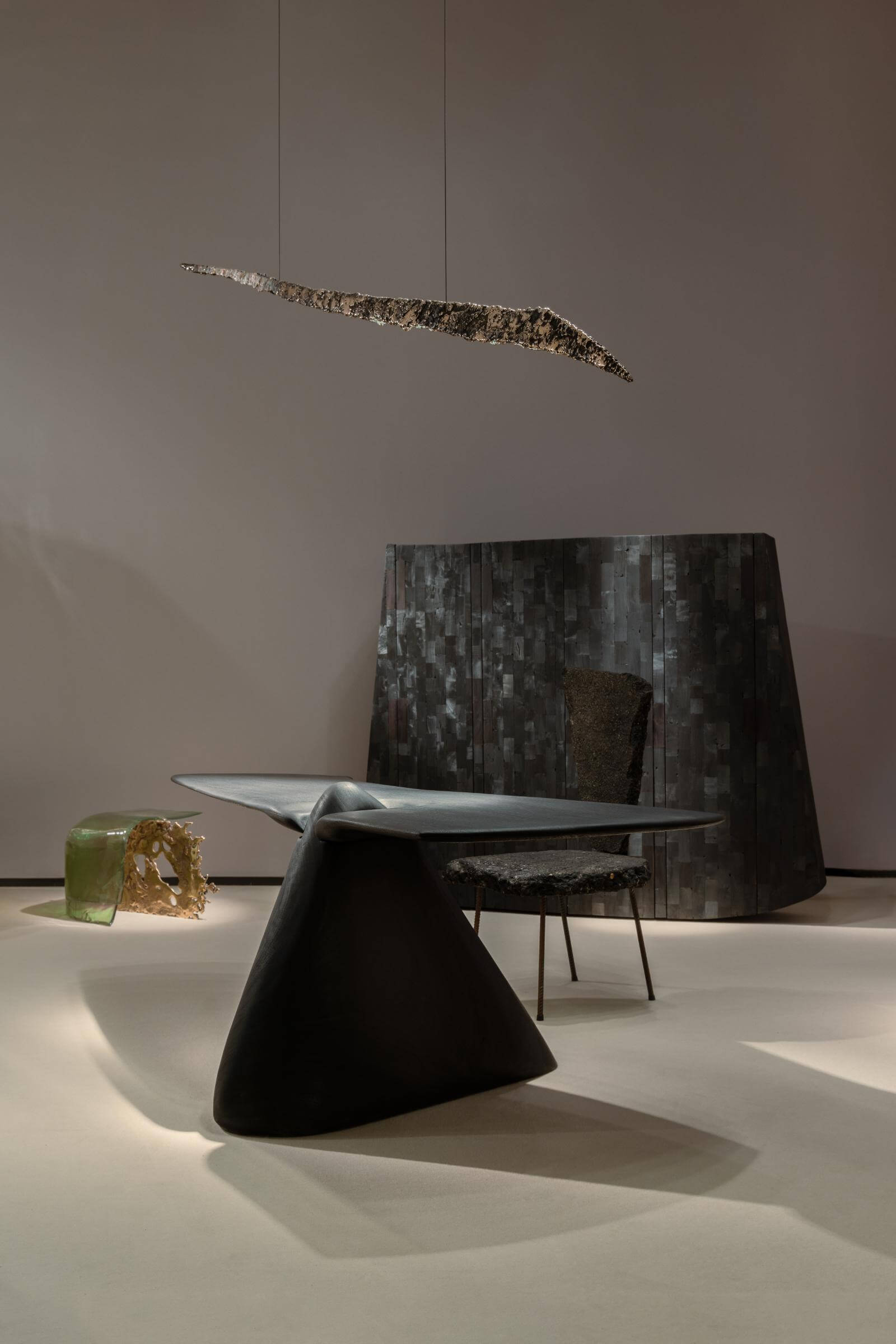
Objects with Narratives, PAD Paris 2024, with desk by Mircea Anghel
COURTESY: Objects with Narratives
Galerie æquō, founded in 2022 by Tarini Jindal Handa as India’s first collectible design gallery in India, matching international designers with skilled Indian craftsmen, noted “considerable interest in the ‘Atuxuá’ cabinet by Humberto Campana, the ‘Bedsa’ chair by Valériane Lazard, and the [brass edition of] the ‘Camur’ table by Florence Louisy,” according to Trishla Jain. All these objects reflect a high degree of attention to materials and hand-made expertise.
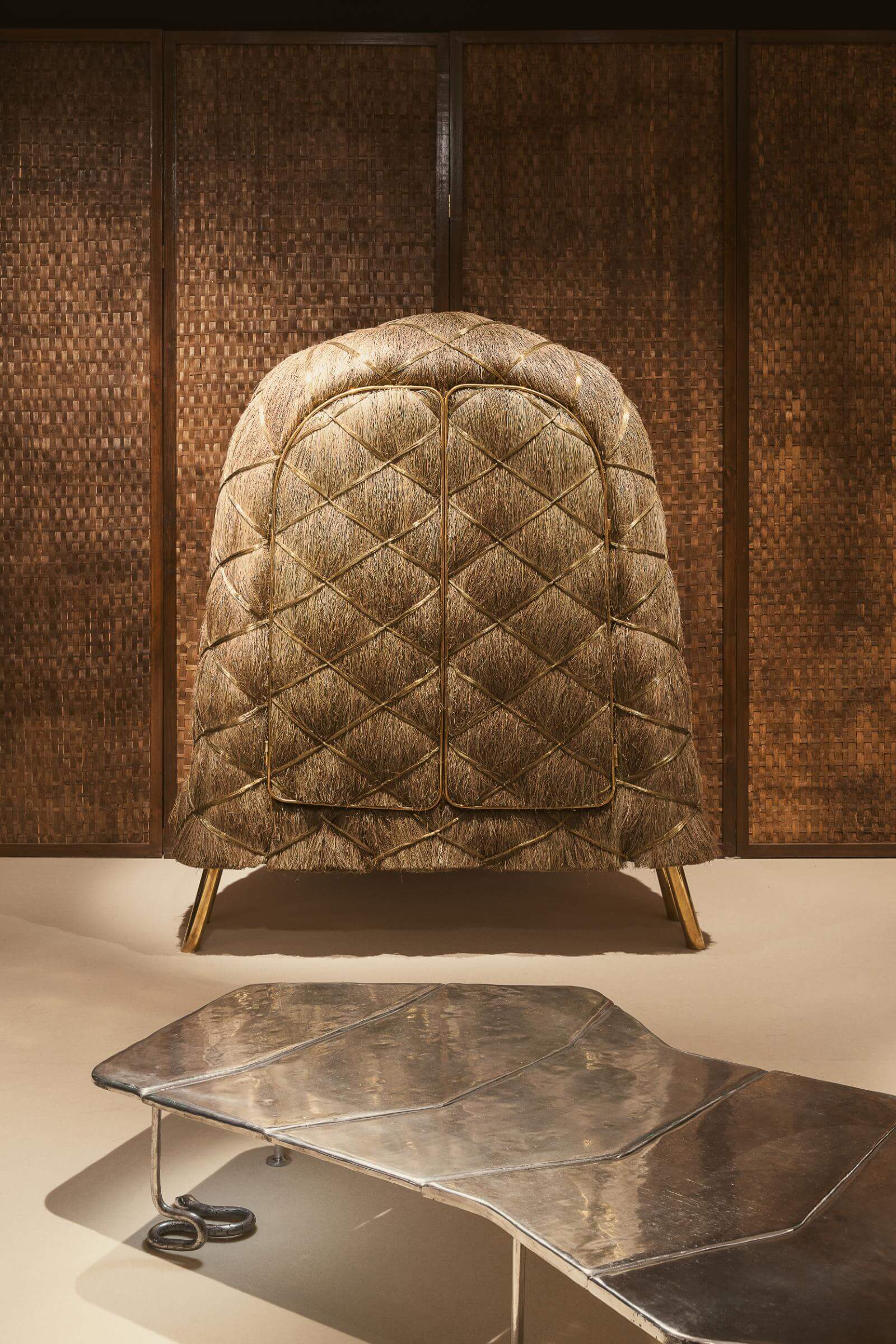
æquō, PAD Paris 2024, with ‘Atuxuá’ cabinet by Estúdio Campana for æquō
COURTESY: æquō
Despite an uncertain economic climate, even experienced gallerists were upbeat. On opening day, Amaryllis Jacobs of Brussels gallery Maniera noted much excitement about the latest “dressed” ‘Low Pillow Chair and Stool’ of Lukas Gschwandtner, confidently bestriding the fashion-furniture divide, with his subtle wall piece, a fabric mural, selling before the end. Among other sales was a stone stool by Bijoy Jain of Studio Mumbai, whose beautiful show Bijoy Jain / Studio Mumbai Breath of an Architect is still running at the Fondation Cartier until Sunday. His quietly monumental chair, ‘Gandhara Study I’, won the Contemporary Design Award.
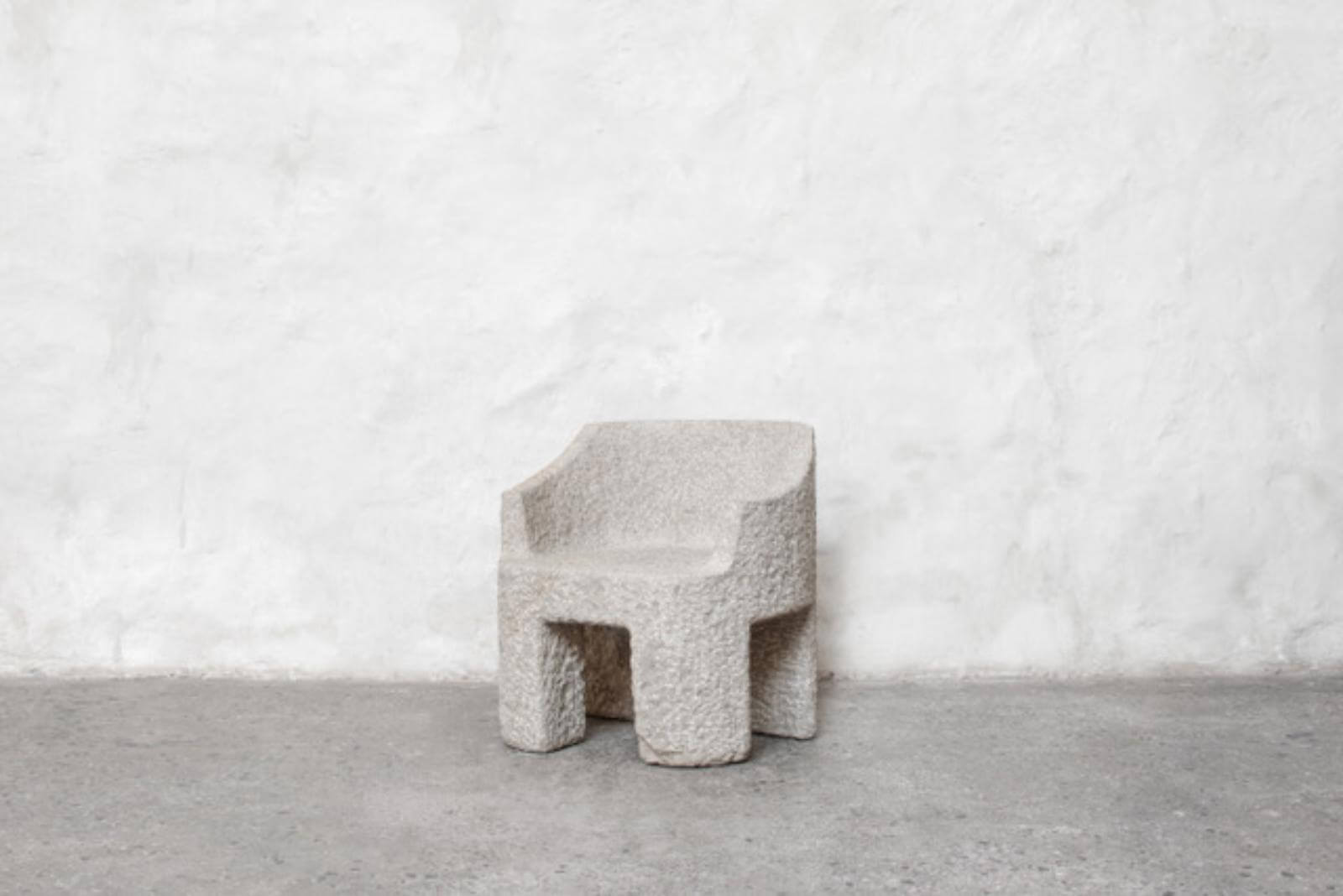
Studio Mumbai / Bijoy Jain, ‘Ghandara Study I’ chair in grey, 2019 at Maniera. Winner of the Contemporary Design prize, PAD Paris 2024
COURTESY: PAD
Laurence Bonnel of Galerie Scène Ouverte offered contemporary work in different moods that ranged from the sculptural mass of Vincent Dubourg’s ‘Exodus’ table to Abel Carcamo’s comic, almost animate, bronze mirror. She notes “We sold pieces by Saraï Delfendahl, Studio Cass, Alissa Volchkova, Vincent Dubourg and Léa Mestres.”
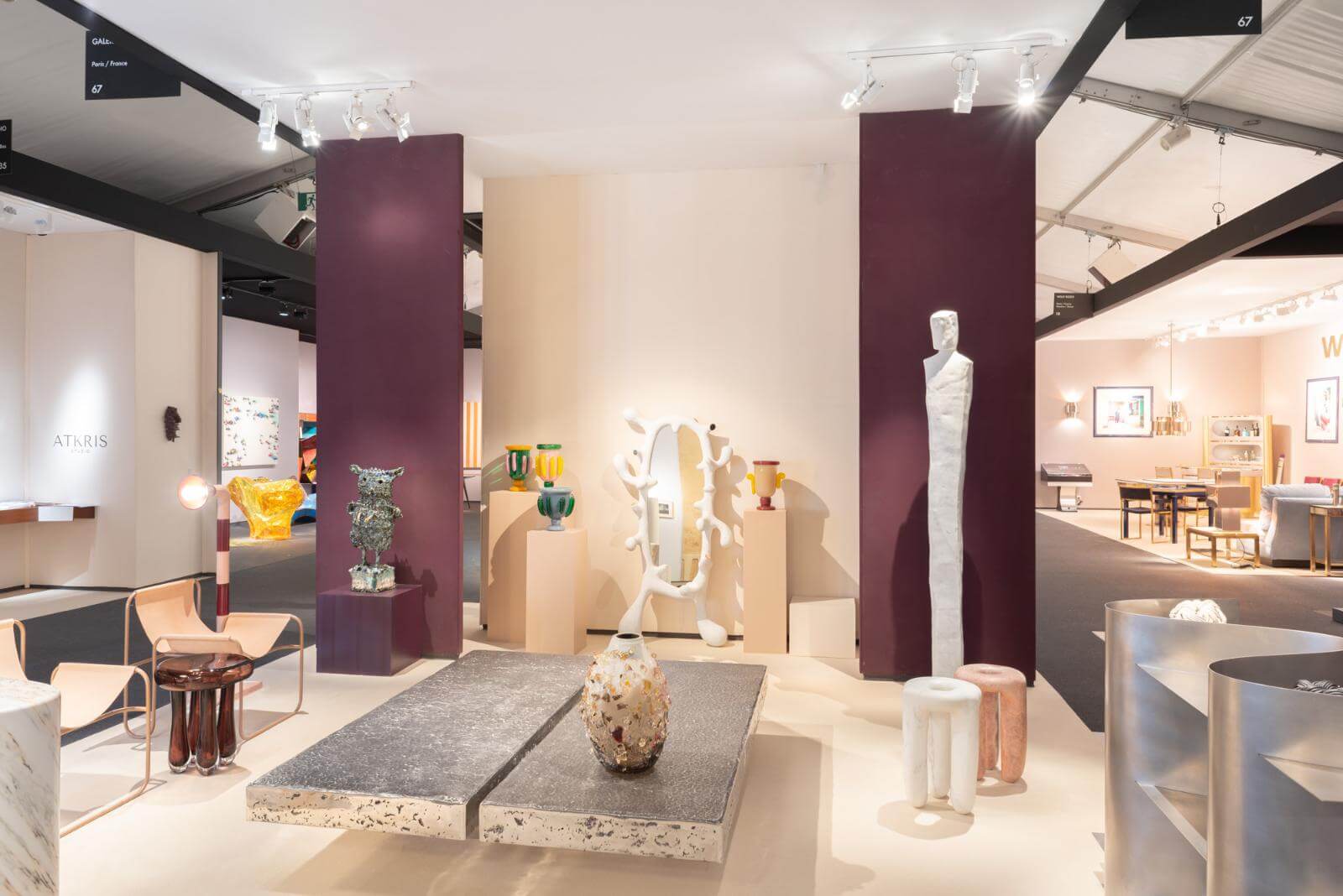
Scène Ouverte, PAD Paris 2024
COURTESY: Scène Ouverte / PHOTOGRAPH: Paul Hennebelle
Among historical objects, the sleek architectural steel and glass table by Renato Canali Bernini, produced in 1979, on Rossella Colombari’s stand, sold the day before the fair opened. Fortunately, they had another example back in Milan.
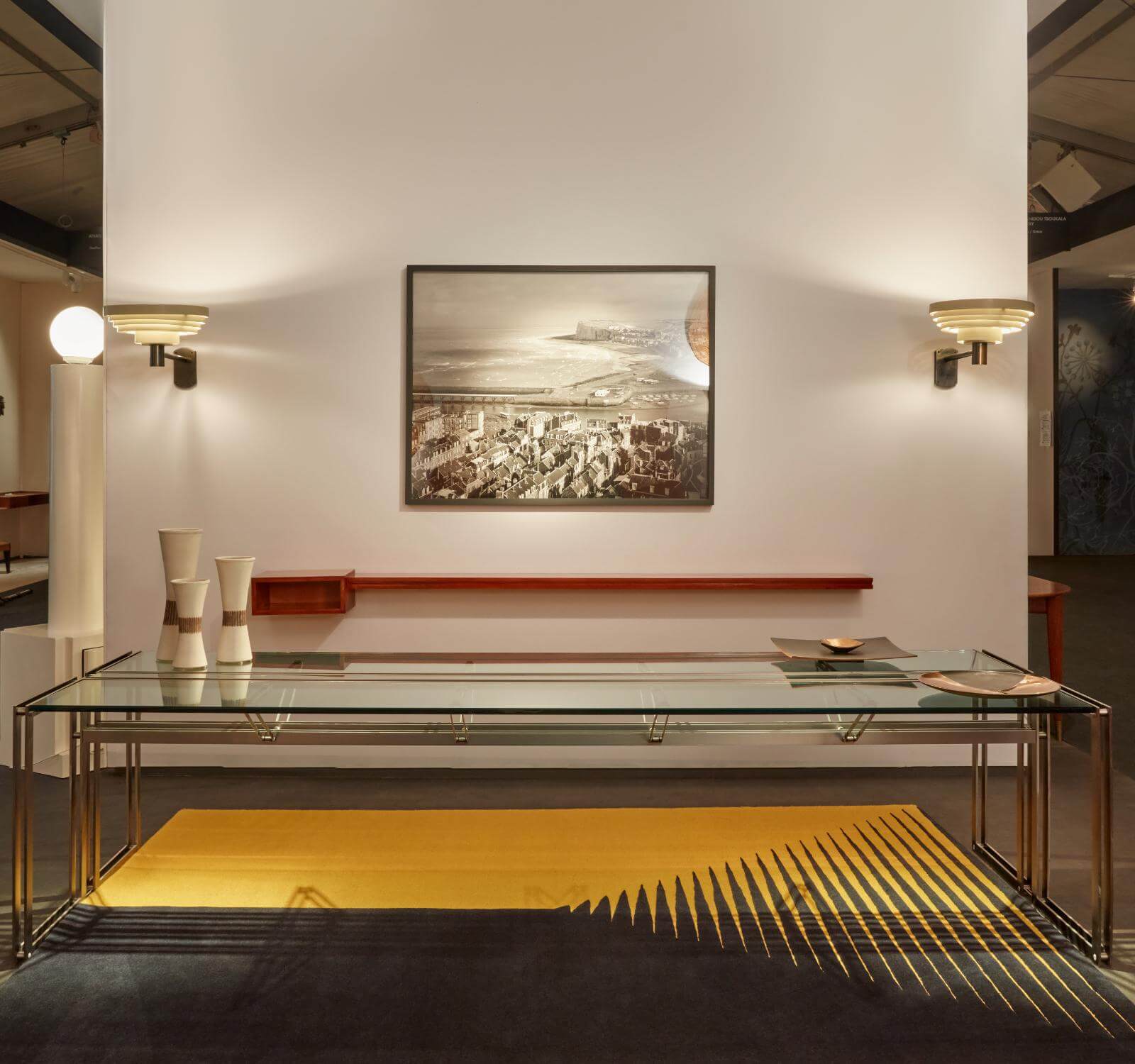
Galleria Rossella Colombari, PAD Paris 2024
COURTESY: Galleria Rossella Colombari / PHOTOGRAPH: @studio_shapiro
The gallery also offered a custom-made wardrobe by Gio Ponti, from 1953, still in its original condition. Another classic treat was the ‘Floor lamp (G 30)’ by Pierre Guariche from 1952 on sale at Galerie Pradier-Jeauneau.
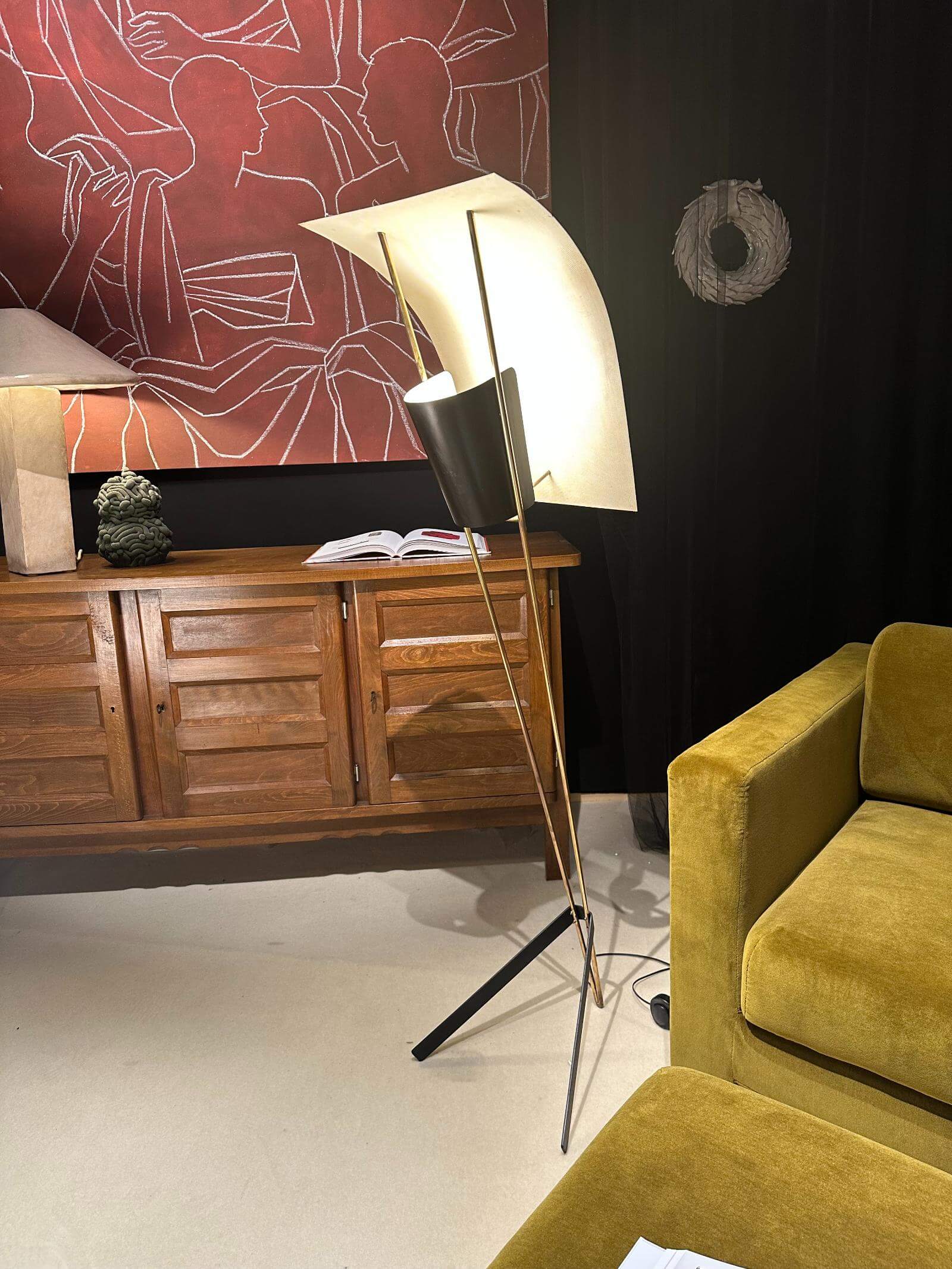
Pierre Guariche, ‘G30’ floor lamp, 1952 at Galerie Pradier-Jeauneau, PAD Paris 2024
COURTESY: Galerie Pradier-Jeauneau
But the prize for best historical object went to HP Le Studio for their highly unusual suite of four pendant lightings by The Birmingham Guild of Handicraft. This was part of an impressive display of objects reflecting the ethos and influence of the British Arts & Crafts tradition, titled MODERN BRITAIN 1895-1933.
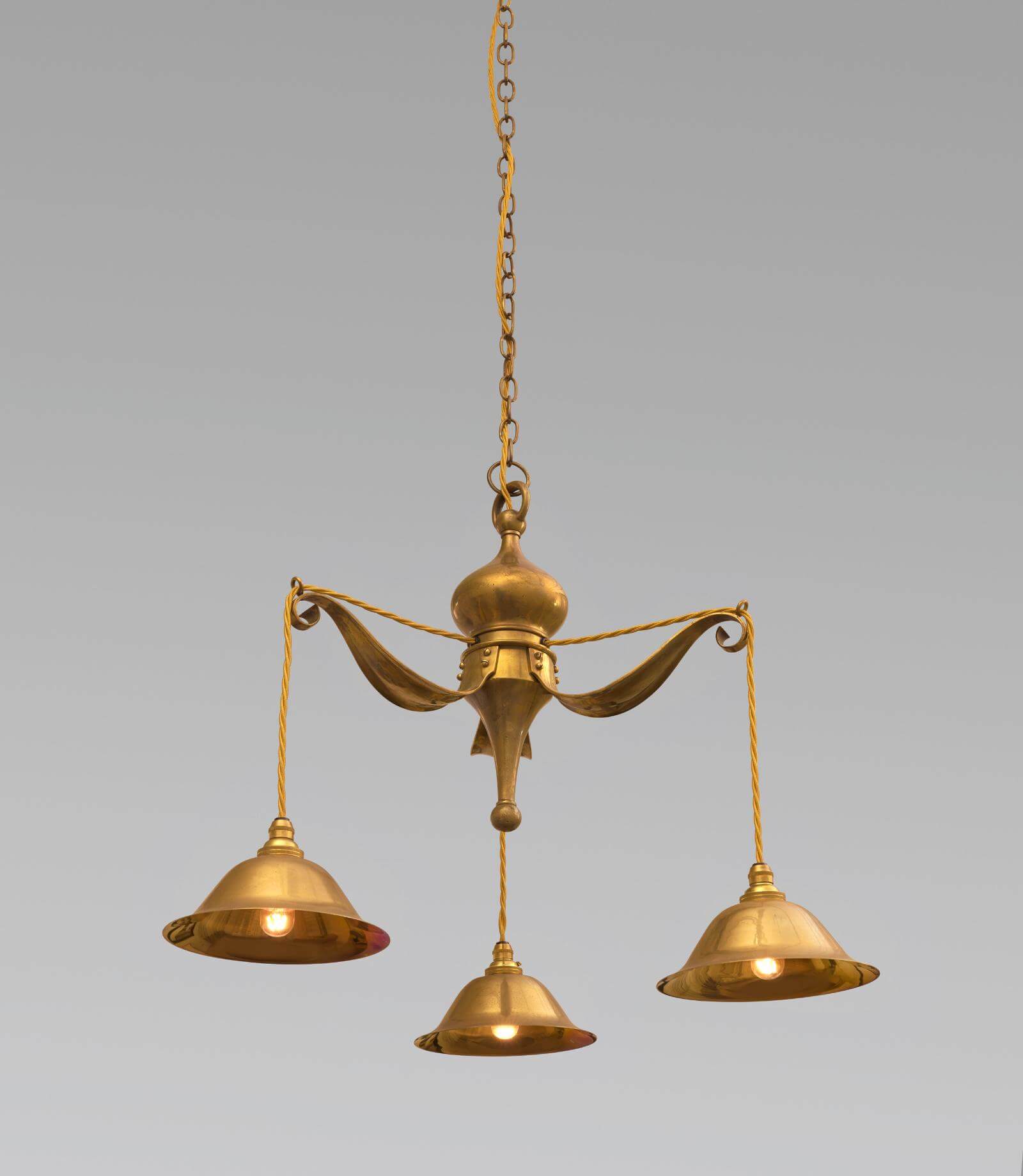
The Birmingham Guild of Handicraft at HP Le Studio. Winner of the Historic Design Award, PAD Paris 2024.
COURTESY: PAD
The winning stand, by Galerie Gastou, by contrast, an immersive environment created around the contemporary mosaic pieces of Béatrice Serre, was an uncharactertisically bling note in an otherwise stylish, serious and amusing fair.
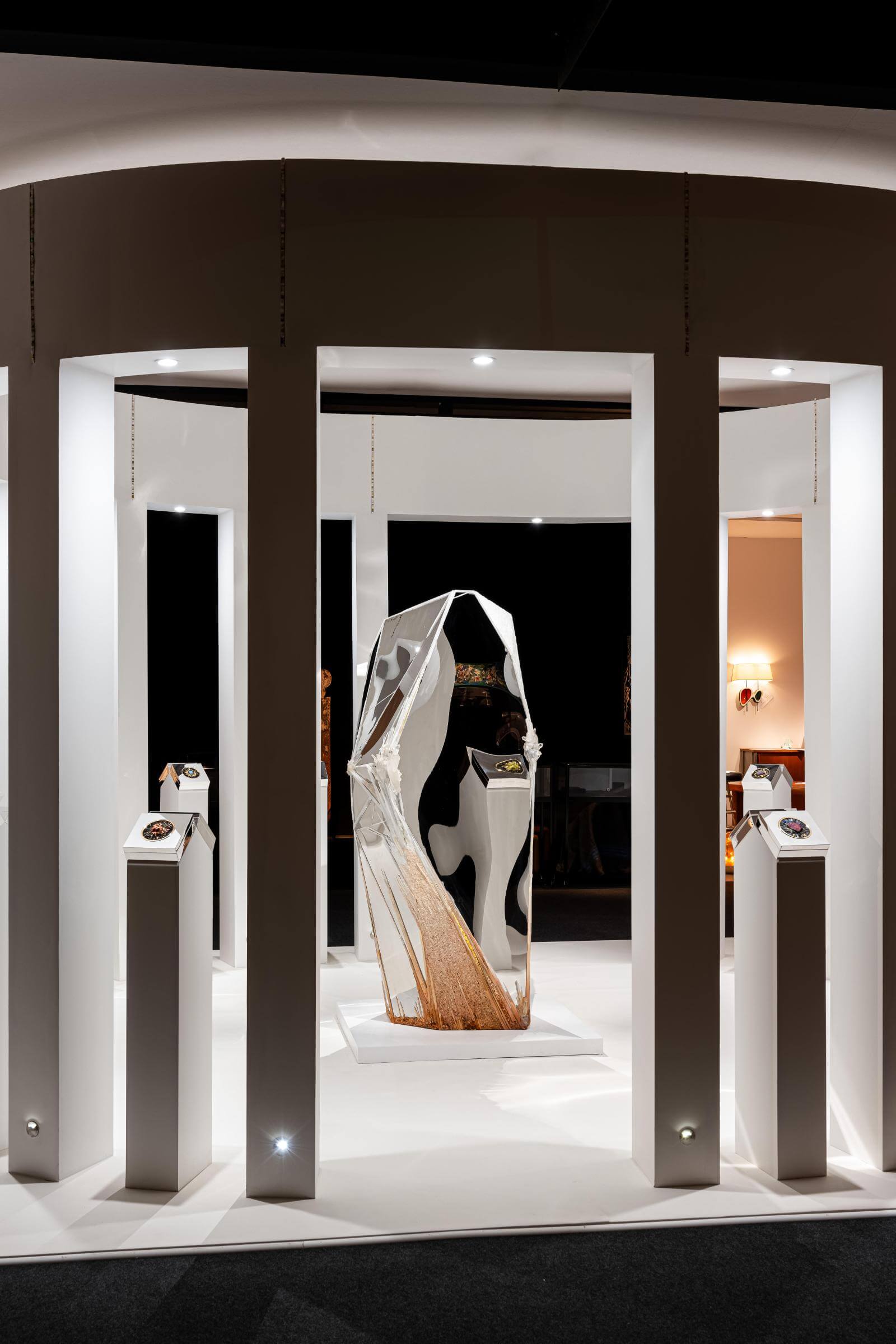
Galerie Gastou, winner of the Stand Award, PAD Paris 2024
COURTESY: PAD
The buzz of interest in crafted objects and material and process-based work was evident too at Art Paris. Here Mingei-specialist, critic and curator Nicolas Trembley had threaded an “Art + Craft” theme through the fair, inviting galleries to bring works that crossed borders of genre and discipline.
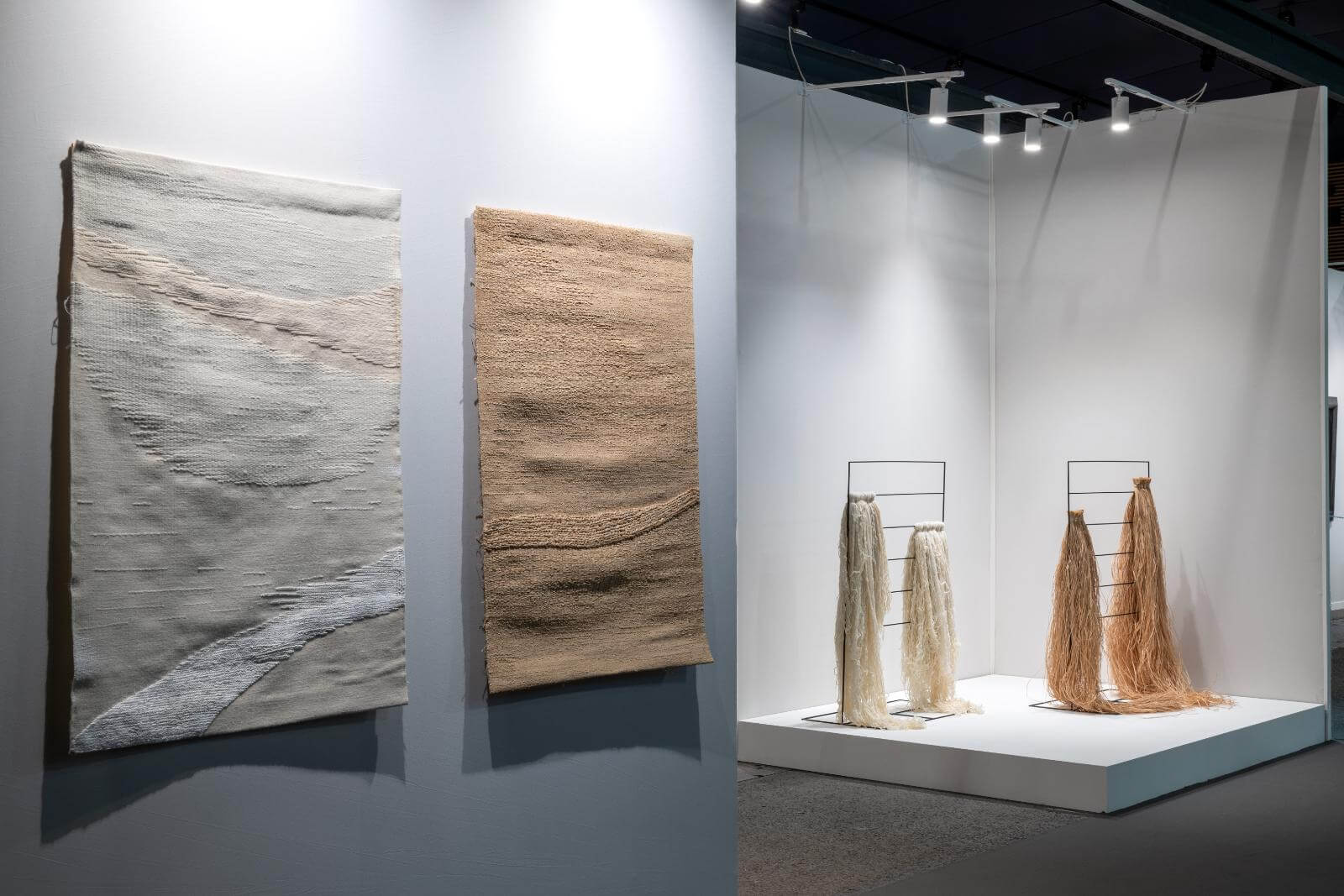
Almine Rech, Art Paris 2024 with work by Joël Andrianomearisoa
COURTESY: Art Paris
Charlotte Ketabi, responsible for the joyful Ketabi Bourdet stand, comments “The mood was extremely positive and dynamic, collectors were curious and open to discovering new works, artists and media.” They sold a floor lamp by Elizabeth Garouste (a unique piece from 2023) to an important French collection, with great interest also shown in the not-for-sale ‘Prince Impérial’ chair by Garouste & Bonetti.
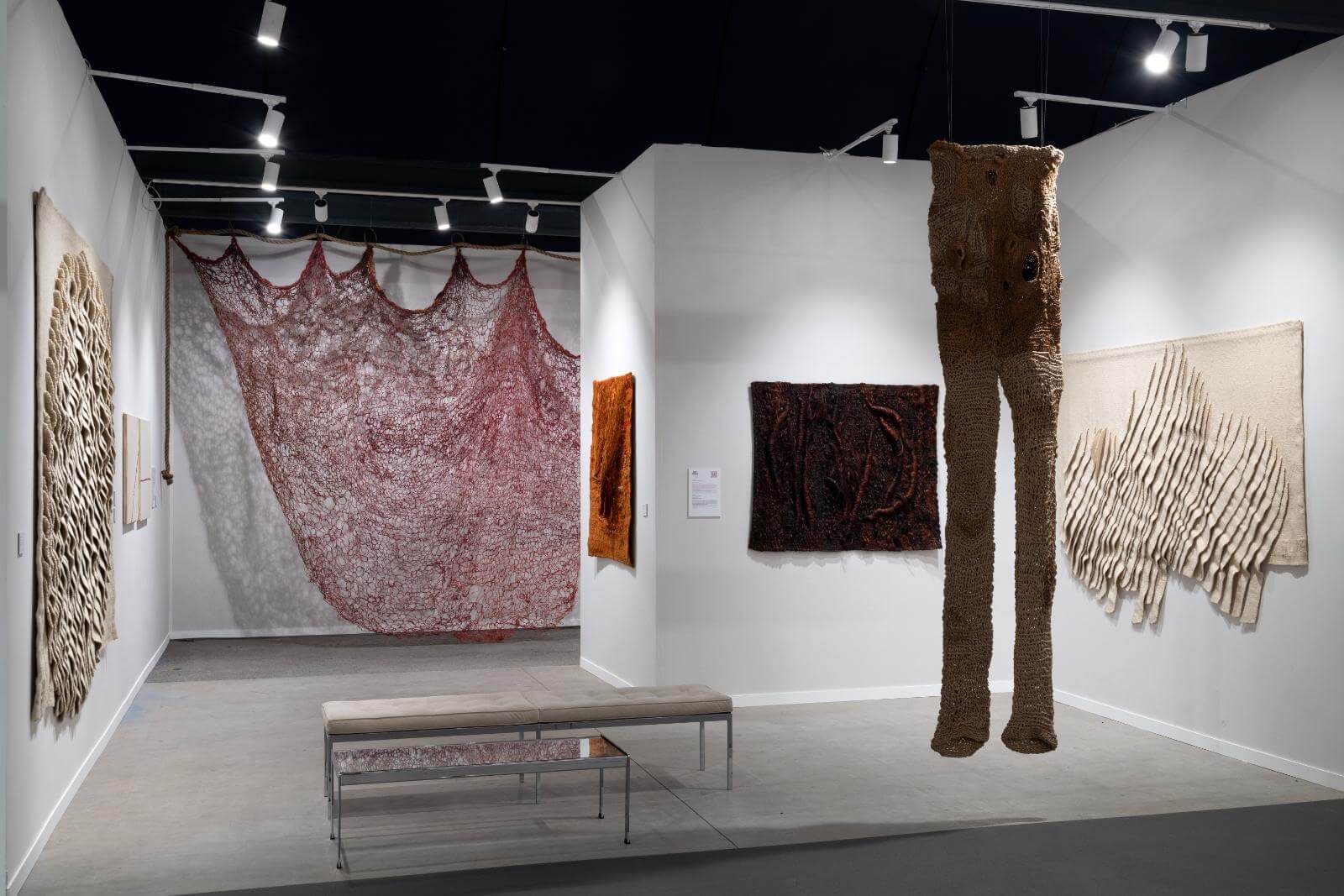
Richard Saltoun, Art Paris 2024
COURTESY: Art Paris
Other highlights included Richard Saltoun’s booth of textile works by Magdalena Abakanowicz, Barbara Levittoux-Świderska and Franca Maranò – a ceramicist turned painter turned textile artist. She once wrote of her textile pieces, “I produced weavings to try to arrive at an interpretation of the motifs of modern anxiety. It was my attempt to take myself back to yesterday’s activity to understand today’s tensions, and to bring distant aspects closer together”. At Art Paris just as at PAD Paris, distant aspects, brought together, served to bring audiences joy and dealers sales.
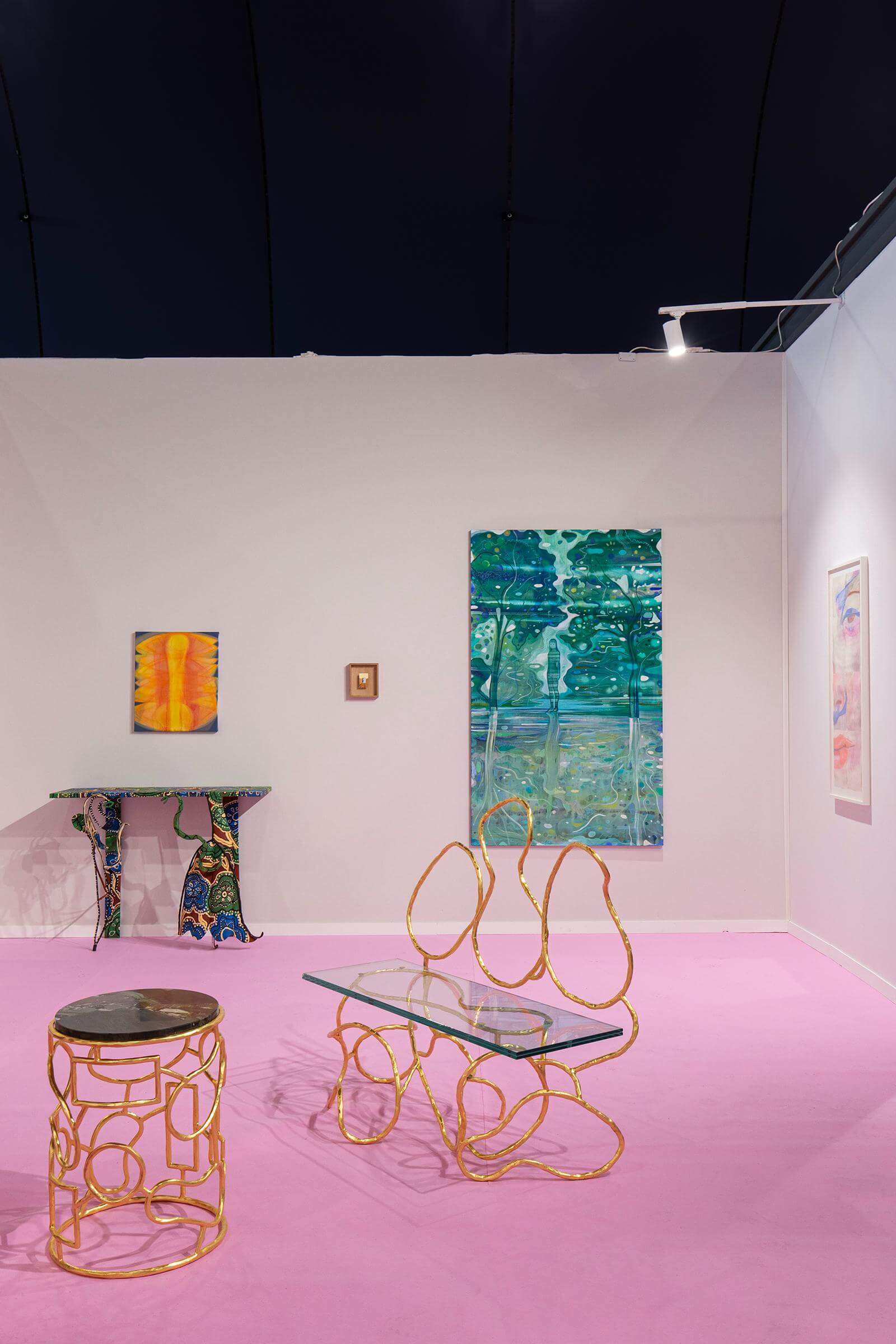
Ketabi Bourdet, Art Paris 2024
COURTESY: Balkin Bureau
